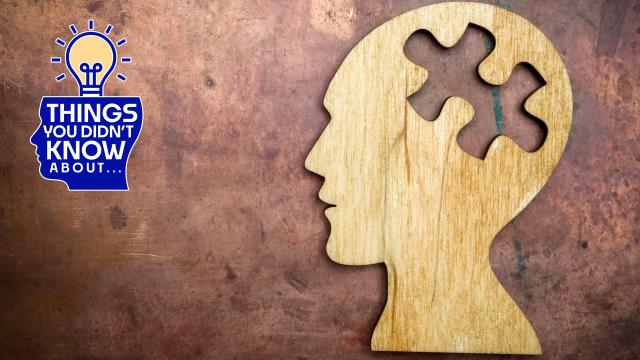The ability to remember the past—to learn from our mistakes—is perhaps one of humanity’s greatest survival advantages. But as crucial as memory is to our daily lives, it’s far from perfect.
Over the years, plenty of scientific research has demonstrated how fallible our memories truly are. While we’re generally good at recalling the gist of an event, for instance, we constantly forget the small details, and sometimes even conjure up new ones to fill the gaps. Our growing knowledge of memory’s foibles has not only changed our understanding of biology and psychology, it’s changed how potential crimes and other eyewitness events are investigated and verified.
Here are some things about memory in both humans and other animals that you might have not known—or just forgot about.
Your earliest memory might not be real
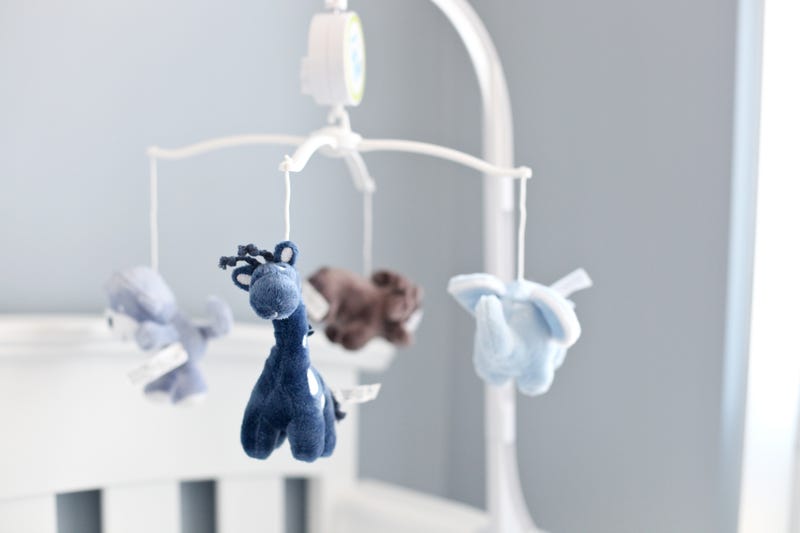
A 2018 study, for instance, found that many people’s first memories likely never happened as remembered. Specifically, around 40% of people in the study recalled their first memory occurring before the age of two, while 15% recalled it before the age of one. But experts generally agree that our brains simply don’t form long-term memories before the age of three, at least ones that we can remember as adults.
These implausible childhood memories, as the study authors call them, are likely people’s unconscious attempt to create a neat narrative of their lives. Oftentimes, these faux memories will feature mundane, age-appropriate events, like getting tucked into a crib, whereas later, more likely to be real, childhood memories might reflect an impactful experience, like meeting your baby sibling for the first time.
It’s surprisingly easy to create a false memory in someone

Every memory we have is in a sense imperfect—like taking a photograph of a photograph. And not only do we regularly misremember things, it’s astonishingly easy to create false memories in others. Perhaps the most well-known example of this is the Lost in the Mall experiment, in which researchers successfully convinced about one-fourth of volunteers that they had gotten lost in the mall as children.
Numerous later studies, using different methods of convincing or other false events, have consistently shown that a percentage of people can be fooled into believing these kinds of traumatic childhood memories. A 2023 study that replicated the exact design of the original experiment, for instance, found that 35% of participants were fooled.
People struggle to differentiate between real and claimed fake memories by others
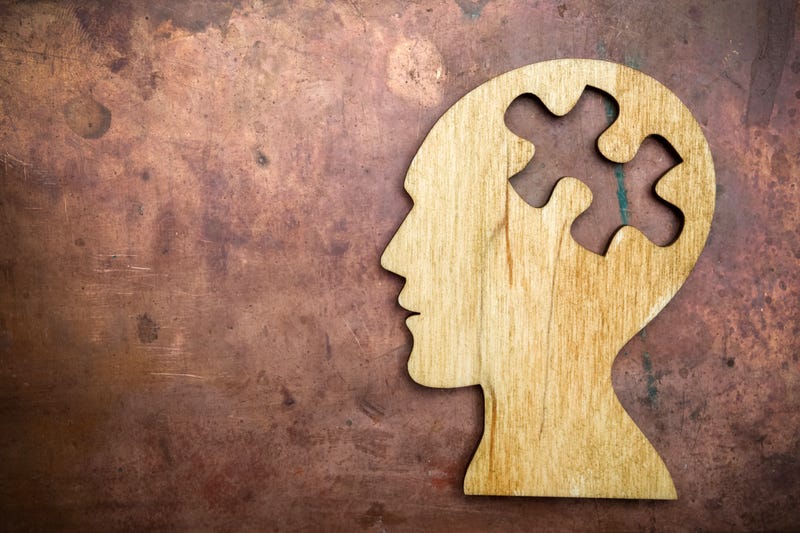
False memories aren’t just convincing to people who have them, but to outside observers who hear them.
The authors of a 2020 study recorded people who recounted real and false childhood memories that were successfully implanted earlier, such as getting bit by a dog. They then showed these recordings to a second group to people and asked them to guess whether the memory was true or not. The observers were slightly better at guessing a real memory (about 60%), but were no better than chance at telling apart a fake recollection.
False memories can form within seconds
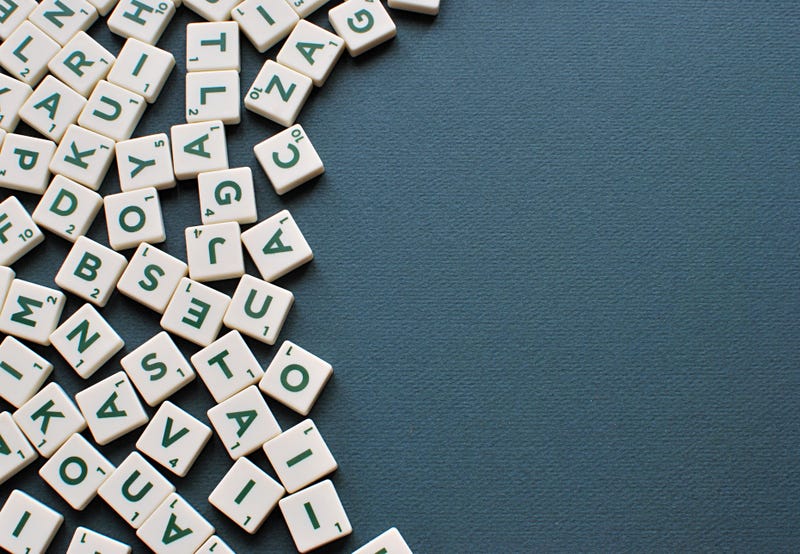
Many studies have focused on showing how inaccurate our long-term memory often is, but it turns out that even our first impressions can be flawed, too.
A 2023 study had volunteers complete a task where they were shown a bunch of letters, and were then immediately asked to recall highlighted ones. To complicate things, some of the letters were reversed in orientation. The authors found that people were generally good at recalling regular letters, but would frequently misremember mirrored ones, with an inaccuracy rate up to 40% in some experiments.
People can falsely remember horrific things
Our memories can be faulty in ways big and small. But perhaps the most infamous tragedy associated with false memory is the Satanic Panic.
For a time in the 1980s and 1990s, the media and others widely circulated the idea that roving gangs of Satanists in the U.S. regularly kidnapped and victimized people, especially children. Some of these tales originated from adults’ recollections of traumatic childhood memories that had been supposedly repressed and later recovered in therapy.
The Satanic gangs were never found and some people who recovered these memories in therapy eventually recanted them, alleging that their therapists had negligently encouraged the formation of these memories. But even to this day, there are people who appear to practice recovered memory therapy, as well as stories of people harmed by the practice.
False memories can be reversed
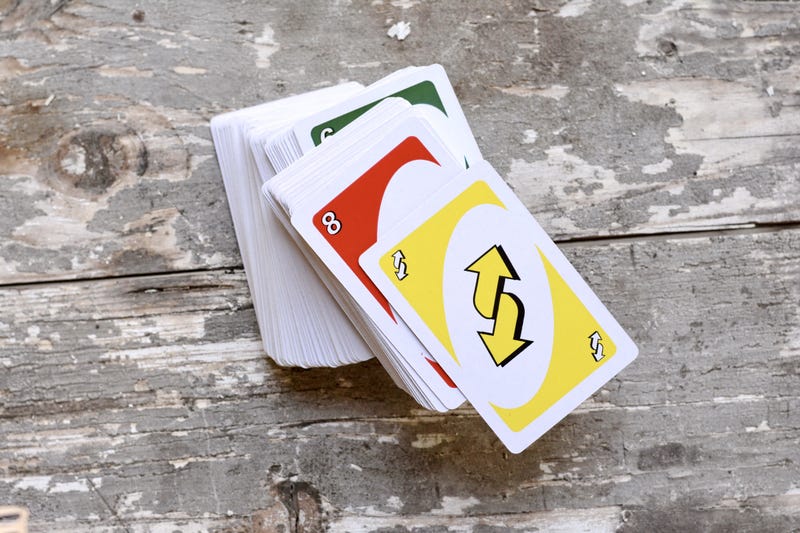
It’s not all bad news out there if you’re worried about false memories.
In a 2021 study, scientists found that it was possible to implant and then reverse a person’s false memories, simply by providing volunteers information that made them think more critically about their recollections. These reversal methods might include asking someone about the exact source of their memory, or explaining that false memories can easily be formed under duress.
A memory lifehack

If you’re feeling blue about the state of your memory, don’t despair: there might be a easy way to boost it.
The technique, which may date back to the days of Ancient Greece, is called the “method of loci.” In the simplest of terms, it involves linking well-known images, often landmarks, along a path to a list of things you want to remember in your head; you can then “walk” along this path to strengthen your memory of the list items. For example, milk in the mailbox, apple on the sofa, eggs in the shower, and so on. In a 2021 study, scientists found that the method can boost both our short- and long-term memory.
Elephants (and bats) might never forget
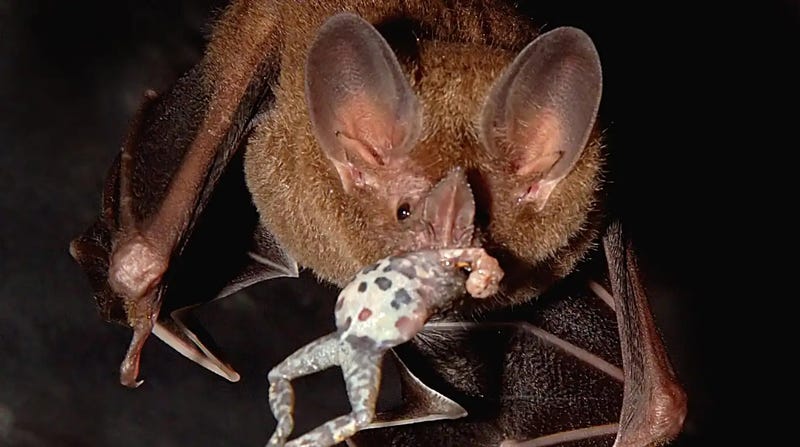
Plenty of other living things besides humans have memory too, though scientists are still scratching the surface of animal memory.
And while elephants are well-known for their ability to recollect, bats seem to be up there, too. In a 2022 study, scientists taught a group of wild frog-eating bats to associate a specific ring tone with food. Four years later, they returned and found that the bats still remembered that ring tone.
Roundworms can share “memories”
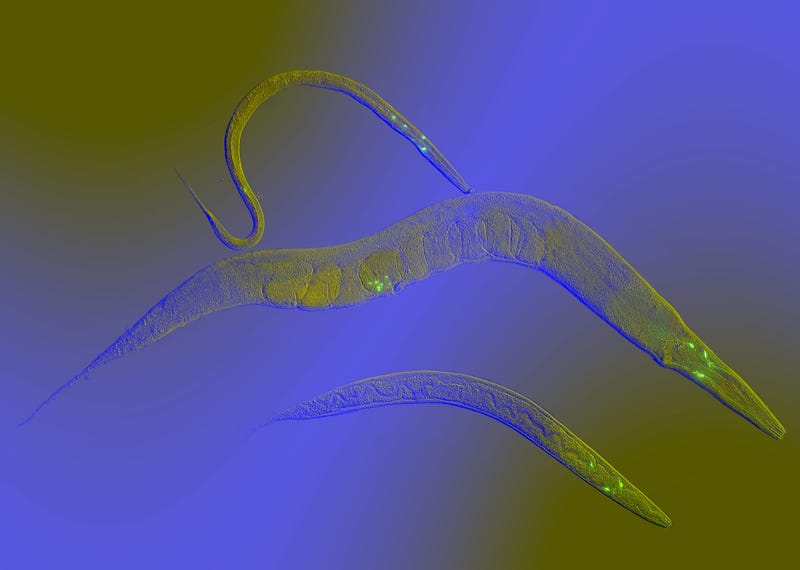
Even some of the simplest lifeforms on earth have a rudimentary version of memory, such as the roundworm Caenorhabditis elegans.
Studies have found C. elegans possess the ability to “remember” harmful bacteria they’ve encountered in the past. In one particular case with P. aeruginosa bacteria, the encounter leaves behind a trace of bacterial RNA that induces a change in the worms’ germ line reproductive cells, allowing them to pass on knowledge of the threat to several generations of their progeny. What’s more, a 2021 study found that the bad memory of P. aeruginosa can be even shared horizontally with unrelated C. elegans worms, though it requires crushing up the worms and feeding them to their friends. So it’s not the easiest lesson ever learned.
Don’t worry, your pets can remember you, too
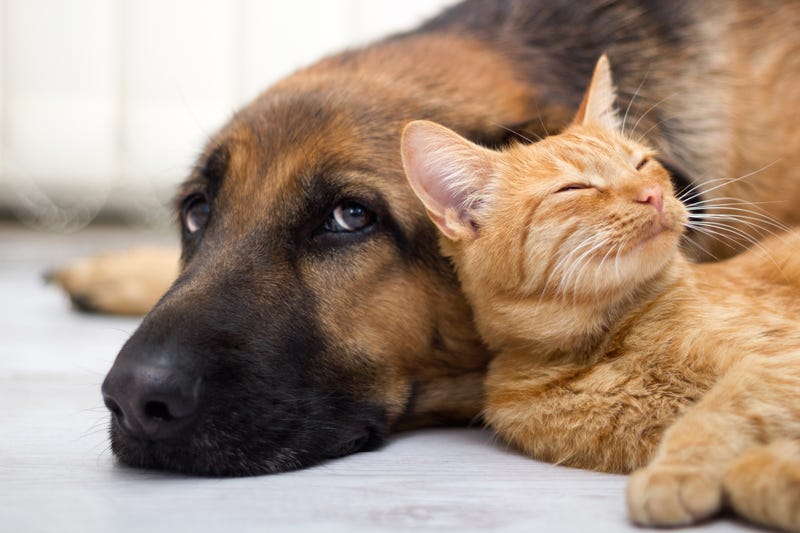
Just in case you’re worried, research shows that both our cats and dogs can readily remember things about their lives with you.
Studies have suggested that both dogs and cats possess episodic memory, for instance, or the ability to recall uniquely personal events that occur regularly. And while dogs are thought to have a better sense of memory in general, more recent research has shown that cats can recall the names given to them by their owners as well as the names of their cat friends.
